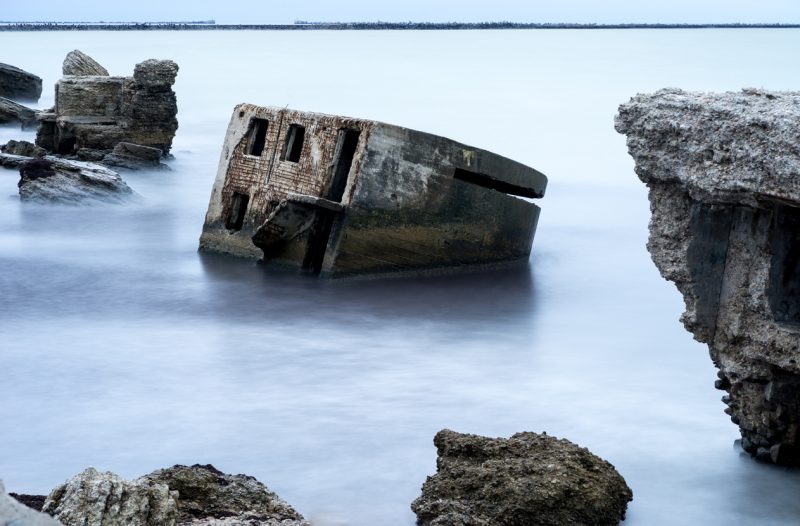The odds were always stacked against Nazi Germany and Imperial Japan winning World War Two. Both had gambled on a war that was quick, with decisive victories that would win them significant territorial gains.
It was hoped these early victories would force their stunned opponents to the negotiation table. Then Germany and Japan could secure favorable terms ensuring that they both emerged as new world powers.
For a time, it all seemed to be going in the right direction, with Germany achieving an incredible victory in France in 1940, followed by Japan’s attack at Pearl Harbor in 1941. But neither Germany nor Japan could deliver a killer blow that would decisively end the conflict.
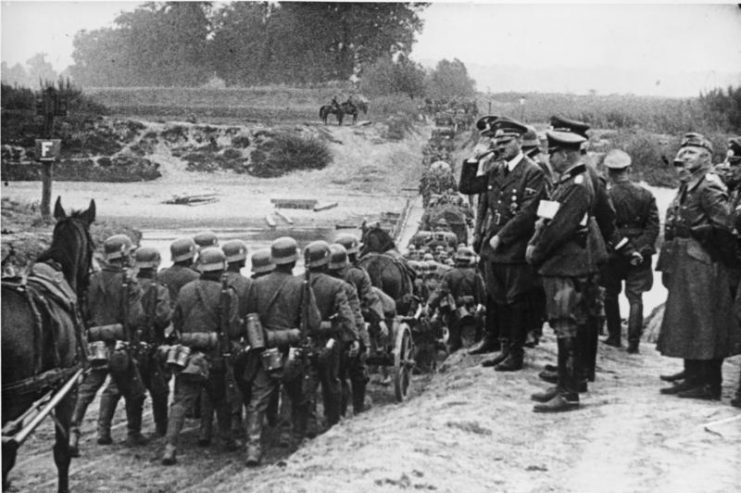
As a result, the fighting all too quickly turned into what they least wanted: a long war of attrition. This was the kind of war that neither countries had planned for and, more importantly, a war they were unlikely to win.
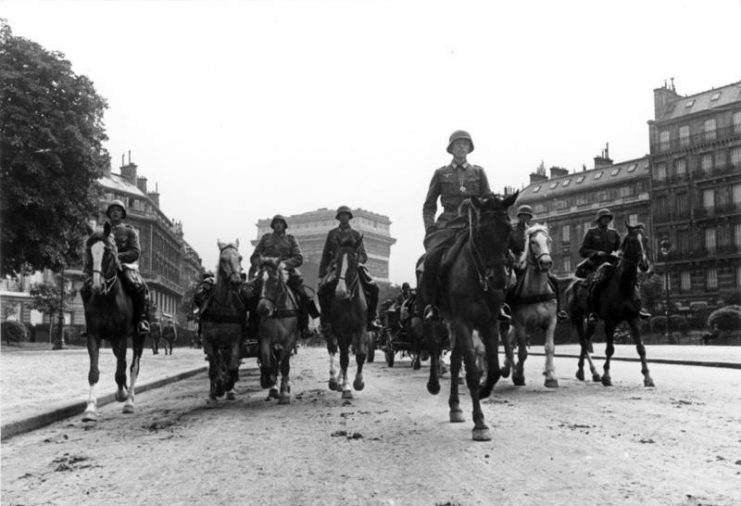
Even their early victories were flawed, like the Battle of France in the summer of 1940 that raged on for six weeks. Towards the end of that campaign, a sizeable force (around 400,000) of Allied troops found themselves surrounded and hemmed in by the Germans at the French seaport of Dunkirk.
But the Allies still managed to evacuate back to Britain over 330,000 of those troops, about 85% of the soldiers who had been trapped there in just a few days. The Germans were unaware of the size of the evacuation until after it had happened.
As for the Japanese surprise attack on Pearl Harbor on December 7, 1941, despite striking a devastating blow against the American navy, crucially it failed to destroy the American carrier force who were not in port at the time.
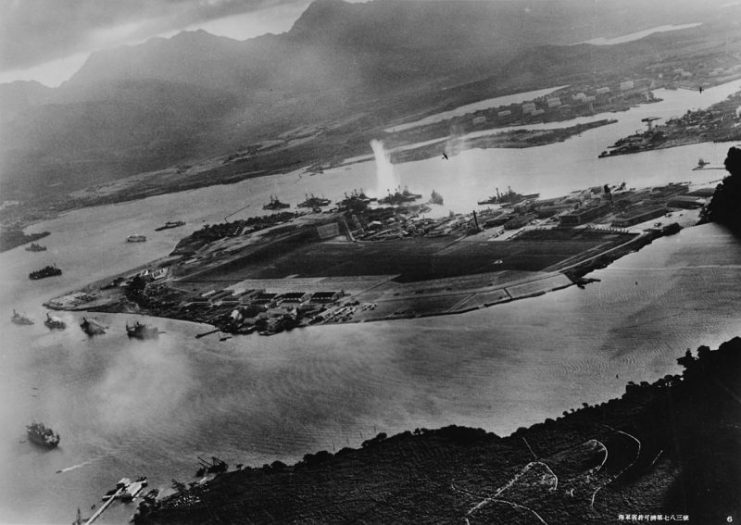
The result was that both Germany and Japan were drawn into destructive long-term wars. Germany was now forced to fight the war on too many fronts with a weak ally (Italy) being more of a hindrance than an asset.
Whereas for Japan, as the war dragged on, they were slowly starved of the natural resources they so desperately needed to fight effectively.
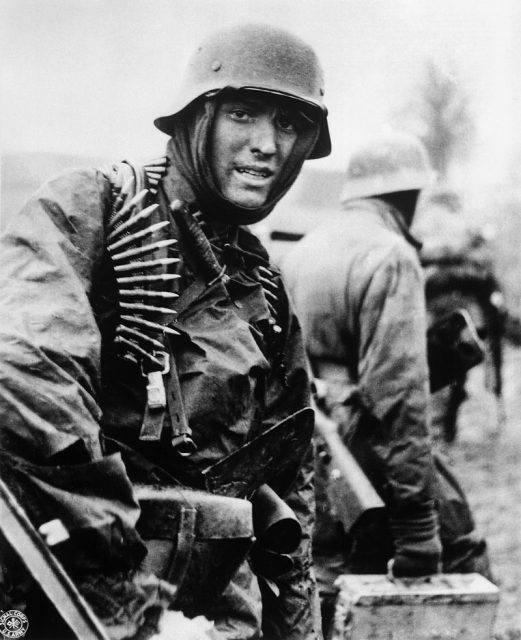
Some would say it was inevitable from the very beginning that Germany and Japan would lose the war. But the simple fact that these two nations held out until 1945 shows how strong and resilient they were.
Many say war is about which side makes the fewest mistakes. So here are some of the key moments in the war when, if Germany had acted differently, the outcome might have been very different.
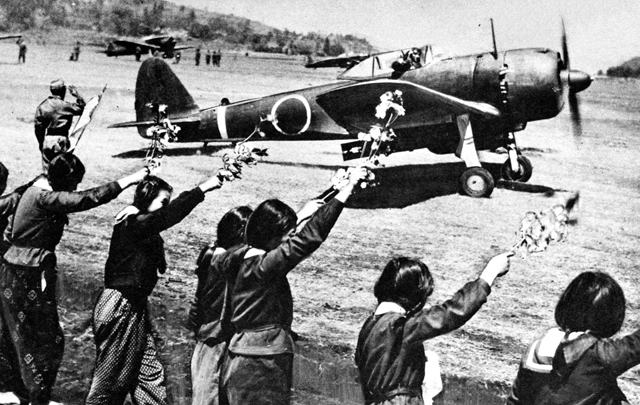
– Dunkirk (1940): The Germans decided to take a 3-day pause to reorganize before attacking a highly vulnerable Dunkirk. Their actions unknowingly let the Allies evacuate a large number of troops.
What if the Germans had not paused but had instead continued the attack and struck a crippling blow against the Allied Armies? It might mean that Britain would no longer have the numbers needed to defend its homeland.
If Britain was unable to recover from these losses, might they then have considered some kind of conditional surrender or negotiated a peace settlement with Germany?
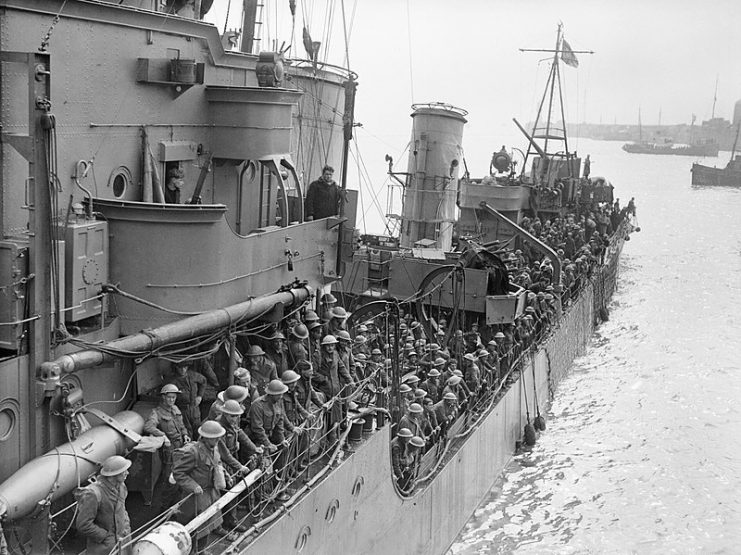
– Battle of Britain (1940): What if the Germans had not switched during the Battle of Britain from attacking RAF Fighter Command to the civilian population centers? Would that have led them to gain air superiority over Britain and subsequently led to a successful invasion?
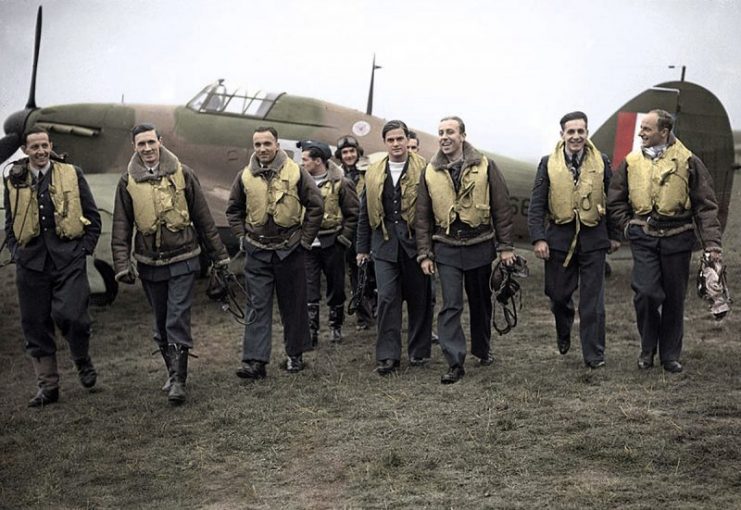
– Stalingrad (1942-43): What if Hitler had not been so obsessed with Stalingrad and instead had by-passed the city altogether? Or if he had let Field Marshal Paulus breakout of Stalingrad when he had wanted to?
Could some of the three-quarters of a million Axis casualties at Stalingrad have been avoided?
Most likely it would have been the case that not so much valuable German equipment would have been lost. For instance, according to Soviet records, they captured vast amounts of German equipment including 10,722 trucks and 12,701 heavy machine guns.
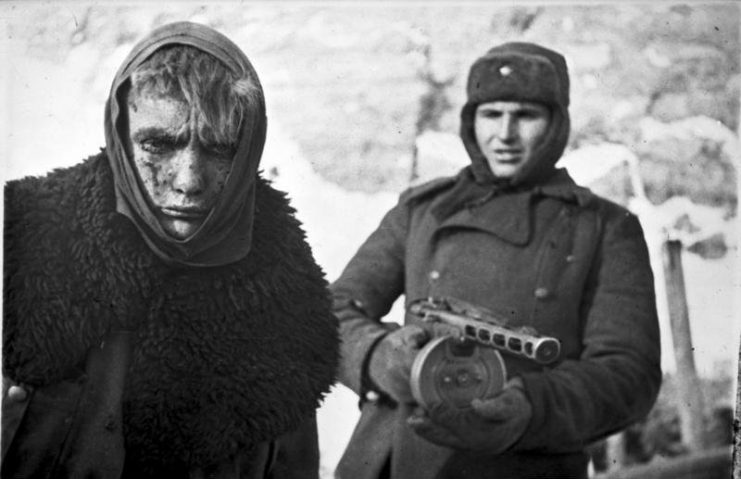
– Declaring war on America (1941): Germany was part of a Tripartite Pact with Italy and Japan. When Japan attacked Pearl Harbor, the Germans were under no obligation to declare war on American as Japan was the aggressor.
But Hitler saw it as an excuse to come to Japan’s aid. It is thought he hoped to win favor with the Japanese and gain their support in the war in Europe once they had defeated America.
What if Hitler had resisted on December 11, 1941, and had not declared war on America? There was a good possibility America would have thrown all its might against the Japanese, allowing Britain to become isolated and Germany to concentrate on defeating Russia.
The war in Europe might have become winnable for the Germans after all.
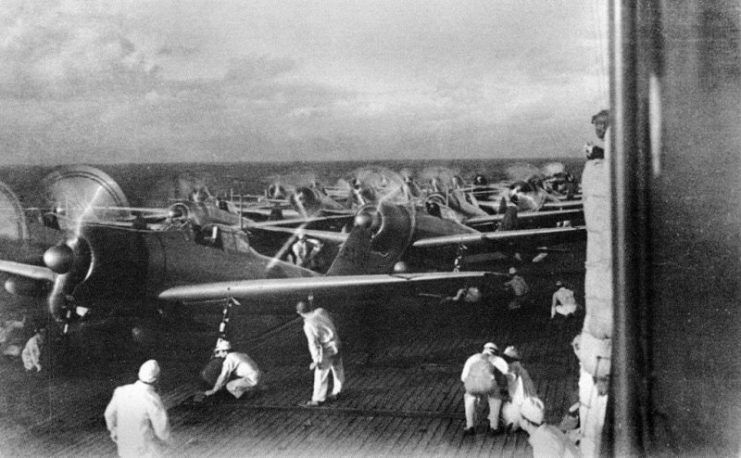
– Their equipment (1942-45): The Germans thought World War Two would be a relatively short conflict, maybe a year or two at most. Therefore, they thought their new and cutting-edge equipment such as the MP38 sub-machine guns, the Panzer III & IV tanks, Me 109 fighter aircraft, and Type VII submarine U-boats would be sufficient for this kind of war.
They also rationalized that their production lines were flexible enough to make modifications and upgrades to these existing models. At first, this proved to be a good philosophy, but later they became far too worried about introducing new models in case it disrupted wartime production.
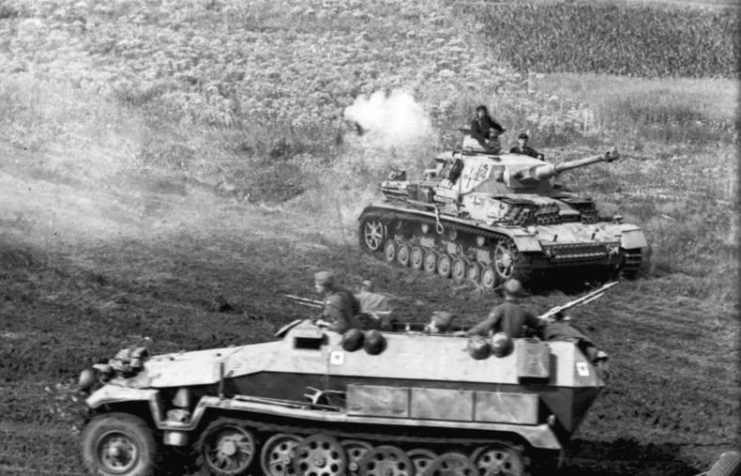
What if the Germans had planned from the beginning for a much longer war and started to develop weaponry like the initially unreliable Panther tank much sooner? This would have allowed for new weapon designs to be better thought-out and arrive in service significantly earlier.
Imagine the impact a sizeable number of Panther tanks with their long-barrelled 75mm guns and thick sloped armor would have had in the desert of North Africa in 1942. The British slow moving and badly armored Valentine Mk2 tank with its 2-pounder (37mm) guns would not have stood a chance.
Perhaps this would have turned such important battles such as those at El Alamein (1942) and Kursk (1943) into German victories.
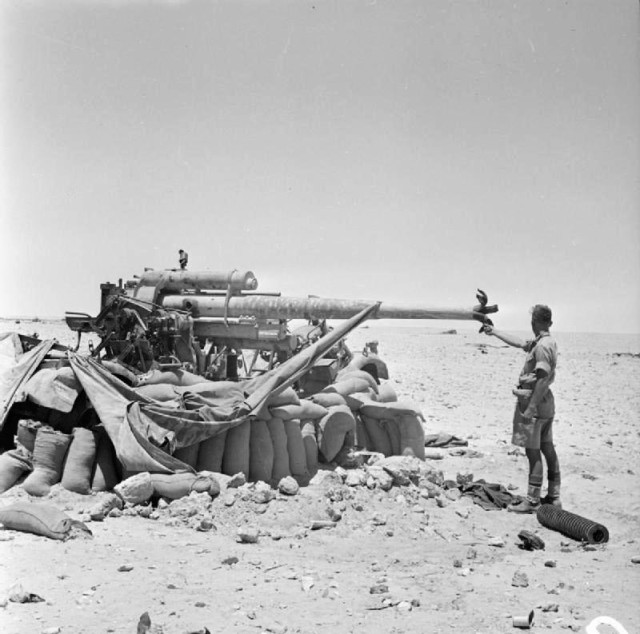
-New Technology (1943-45): It is often said that the Germans relied too heavily on the idea that a new generation of “Wonder Weapons” would win them the war. And a lot of resources were wasted on such colossal failures like the Me 163 Komet and the 188 ton Maus super tank.
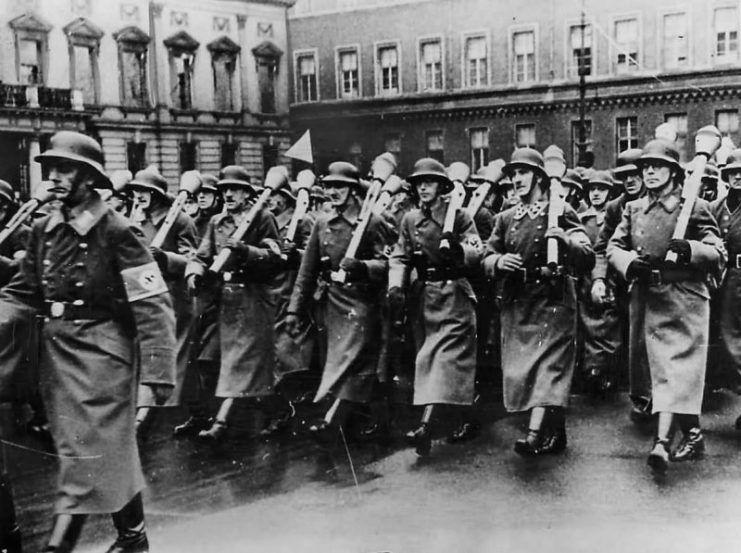
But if these projects had been canceled earlier on and their resources diverted to more promising projects, the war might have had a totally different outcome. Imagine large quantities of Me 262s jet fighters attacking American Bomber formations in early 1944.
What if the disposable Panzerfaust 60, which did not come into full production until September 1944, instead was available on the Russian front in 1943?
Or what if Germany had developed an atomic bomb and a system to deliver it effectively?
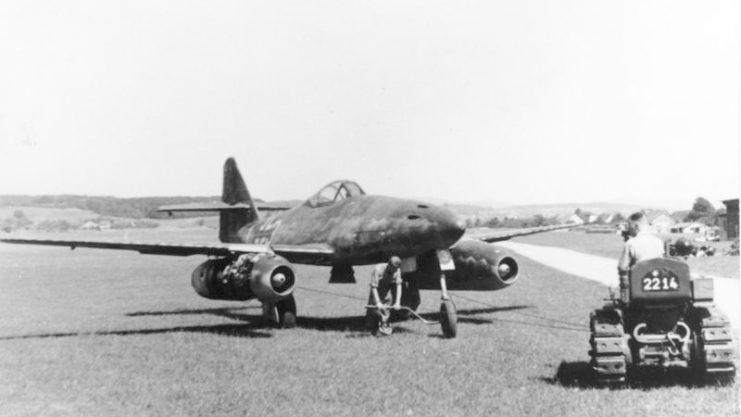
None of these changes by themselves would have won the war for the Germans. After all, the British and American bombing campaign in itself did not win the war, but combined with D-Day and the victory in the Battle of the Atlantic, these actions had a serious impact in the war in favor of the Allies.
However, there might be one event that, if it had been done differently, could have had a domino effect that might have resulted in Germany winning the war.
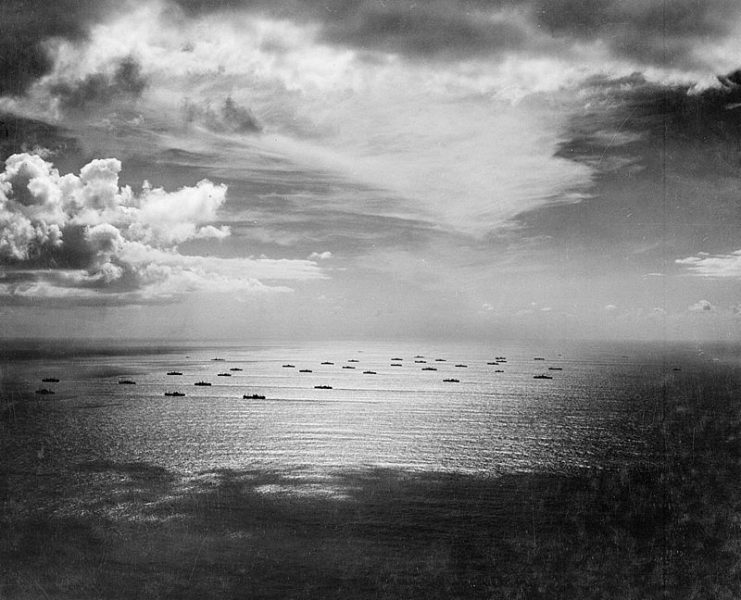
The German campaign of 1940 in France, Holland, and Belgium was nothing short of sheer brilliance. Hitler, along with the German High Command, understood the need for coordinated and rapid attacks, using the Blitzkrieg (Lightning War) tactic to its fullest.
In just a few months, the Allied armies were totally defeated and Europe was under the control of Nazi Germany.
In the middle of The Battle of France, a very large Allied force found themselves surrounded in the Northern French seaport of Dunkirk with no chance of either being relieved or breaking out. The situation looked truly dire.
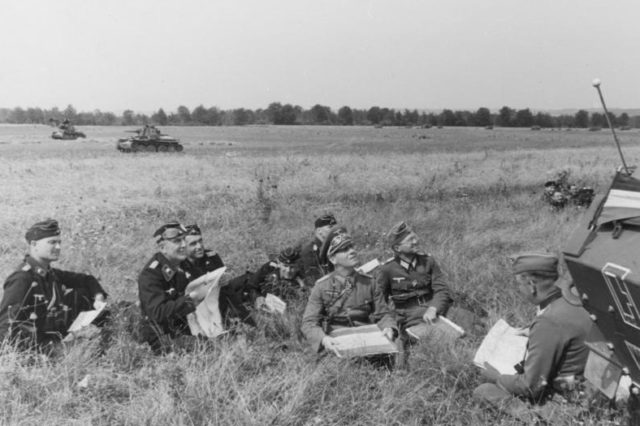
Then, much to their amazement, the Germans halted their advance for three days in order to regroup. This allowed the Allies to secretly evacuate over 330,000 Allied troops back to the British mainland using an armada of big and small boats.
So what if the Germans had attacked earlier and in greater numbers? The chances were that the Allies either would have been slaughtered or, most likely, after a brief resistance, surrendered en masse.
This would have resulted in the capture of several hundreds of thousands of extra Allied troops, the majority being irreplaceable and highly trained British and French soldiers.
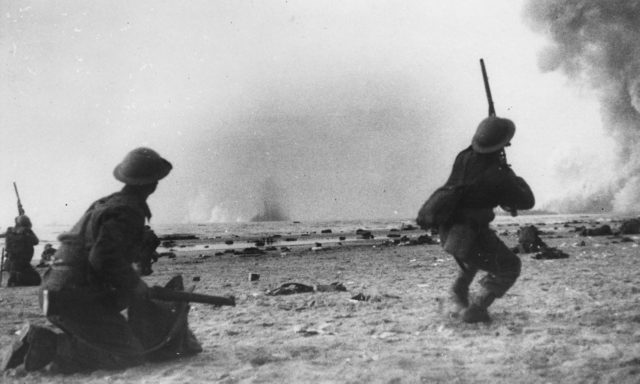
Maybe a decisive German victory at Dunkirk would have brought about the French collapse a few days sooner.
Then, as planned, Hitler would have launched his aerial bombing campaign against Britain, known as the Battle of Britain, on July 10, 1940. But in this altered scenario, Hitler would have completely ignored coastal-shipping convoys, ports, shipping centers, and civilian targets. Instead, sensing a quick victory, he would have concentrated on gaining air superiority by completely destroying RAF Fighter Command and it’s infrastructure.
“A single blow must destroy the enemy… without regard of losses… a gigantic all-destroying blow.”
– Adolf Hitler
![Do 17 bombers during the Battle of Britain. Photo: Bundesarchiv, Bild 101I-342-0603-25 / Ketelhohn [Kettelhohn] / CC-BY-SA 3.0](https://www.warhistoryonline.com/wp-content/uploads/sites/64/2018/06/bundesarchiv_bild_101i-342-0603-25_belgien-frankreich_flugzeuge_dornier_do_17-741x512.jpg)
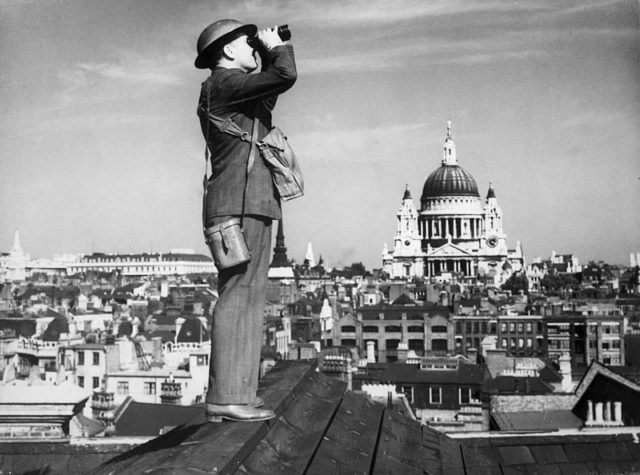
But in the altered scenario, the RAF never gets the chance to recover, and within a month it is crippled with few operating runways or squadrons left. Its radar network would have had large blind spots in it, and German bombing raids would have frequently used these spots to sneak in undetected.
By October 1940, it would have been all over: the Germans would have totally destroyed the RAF, and then the German bombing raids would have started in earnest against British civilian populated areas and factories.
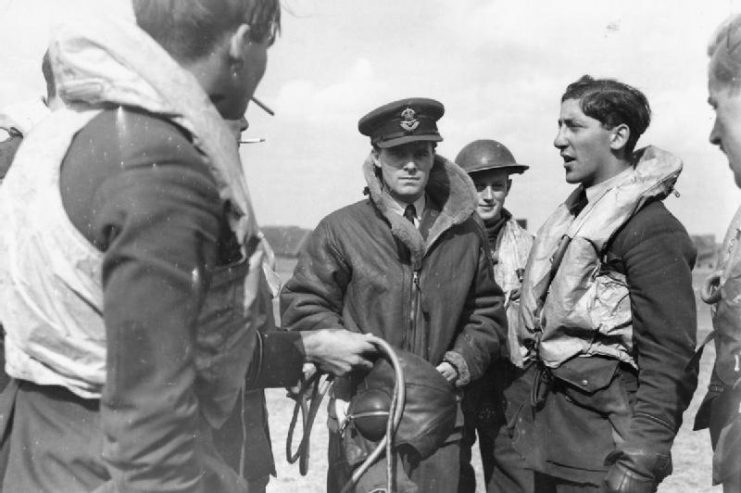
“If we are weak in fighter strength, the attacks will not be bought to a standstill and the productive capacity of the country will be virtually destroyed.”
– British Air Chief Marshal Hugh Dowding
By now, the British people would have been thoroughly demoralized as their army had yet to recover from its defeat in France, especially at Dunkirk. The RAF would have been totally destroyed and the cities would be relentlessly bombed.
Maybe this would be enough to break the British fighting spirit.
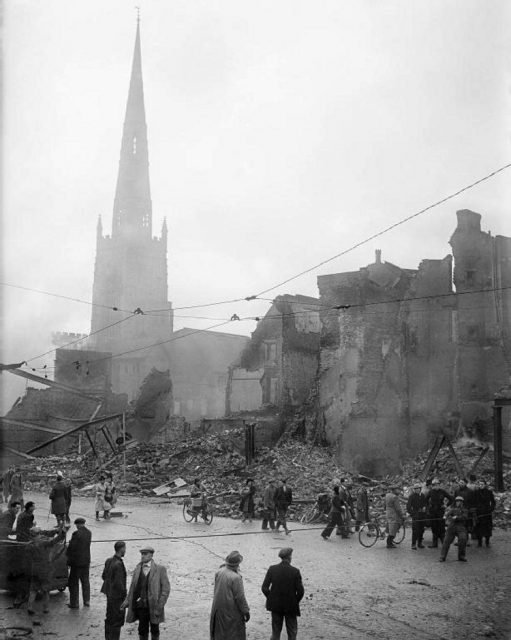
The British Government would have been topped and a new one would have been formed based around reconciliation. Hitler, ever the diplomat, would have offered lenient terms for peace, even though it would be hard for him not to be tempted to be vengeful and extract out of them harsher terms.
He might have resisted going as far as the Treaty of Versailles (1919). He would just restrict Britain’s ability to fight a war, demanding no reparations or territorial losses apart from Gibraltar, which Germany would then have given to Spain in exchange for them joining the Tripartite Pact treaty.
Winston Churchill would have fled to America, branded as a war criminal by the Nazis. Churchill might have set up some kind of government in exile and attempt to drum up support for a fresh war against Germany.
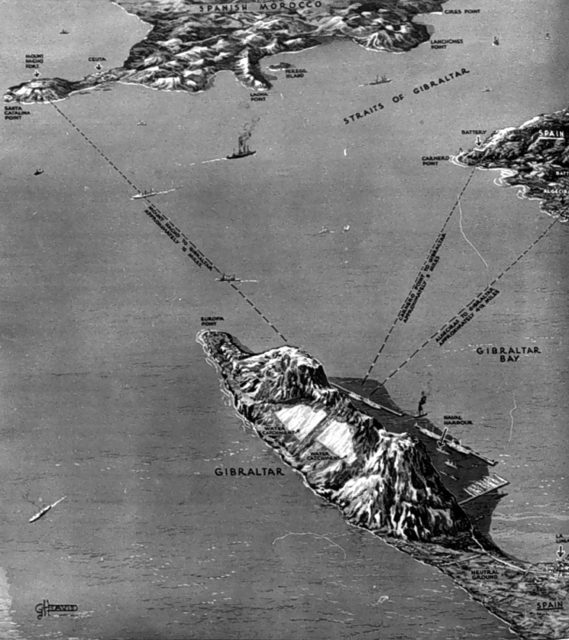
And though the Americans might admire his oratory skills and sympathize with him, ultimately they would not have wanted to be drawn into a European war, especially as it seemed to be all over.
So, by the winter of 1940, Germany would have been able to concentrate on preparing to attack Russia. In this alternative, less effort would have been made on the invasion of Britain (Operation Sea Lion) and the Luftwaffe would not have suffered the mauling it did at the hands of the RAF.
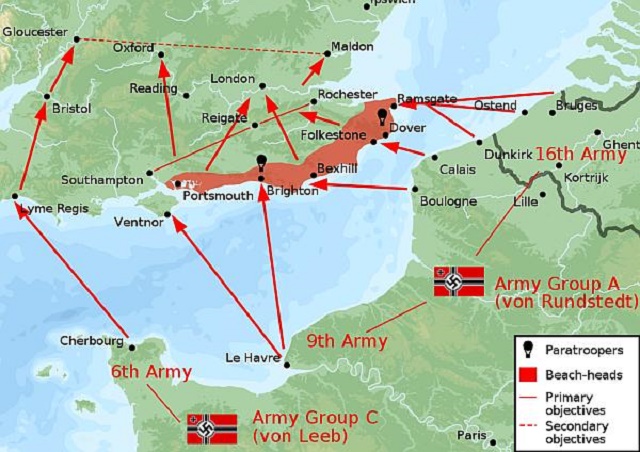
As a result, the Germans would not have launched Operation Barbarossa to invade Russia on June 22, 1941, but would have been able to take advantage of the first good weather of that year at the beginning of April, nearly three months earlier than the invasion actually took place.
These extra months would have given them ample time to advance all the way to Moscow before the Russian winter set in. Stalin would then have been forced to flee to the east and set up his government in a new capital like Yekaterinburg or Novosibirsk.
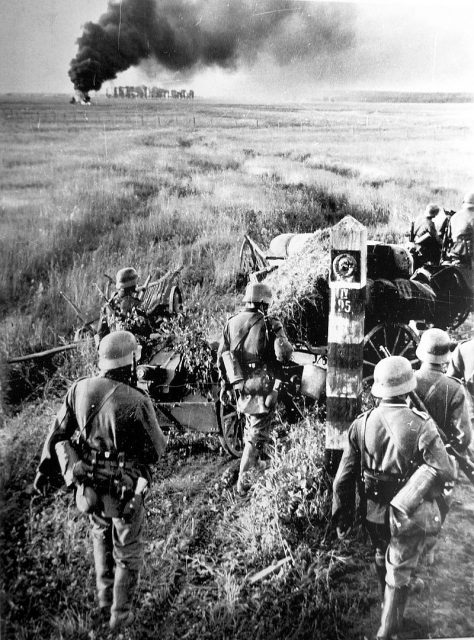
The Battle of Stalingrad we knew, that ended up bleeding the German Army dry, might never have happened.
Once relocated, Stalin would have probably carried out a second set of Purges like the ones he carried out in the 1930s, but they would have been motivated by blaming other people for the catastrophic defeat.
This would have weakened the Russian war machine even further as top military figures and designers were shipped off to prison camps to die for their perceived failure to halt the German onslaught of 1941.
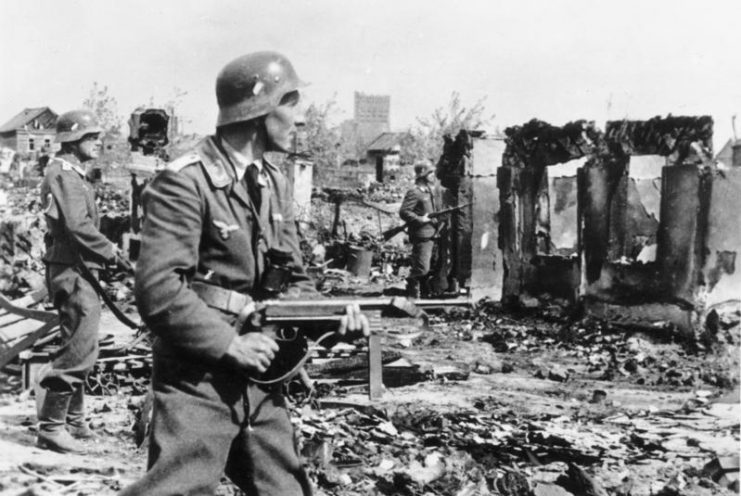
It was unlikely there would have been a Russian surrender or a peace treaty as the countries were so ideologically opposed. Instead, there would probably have been a cease-fire much like that between North and South Korea after the Korean War.
This would have lasted for decades, despite much tension, mistrust, and occasional violent flare up between the two countries.
The immediate effect of this suspension of hostilities would have allowed Hitler to indulge in his growing fascination with new technology. Quite quickly, Germany would have developed long range bombers with nuclear bombs followed by nuclear tipped missiles.
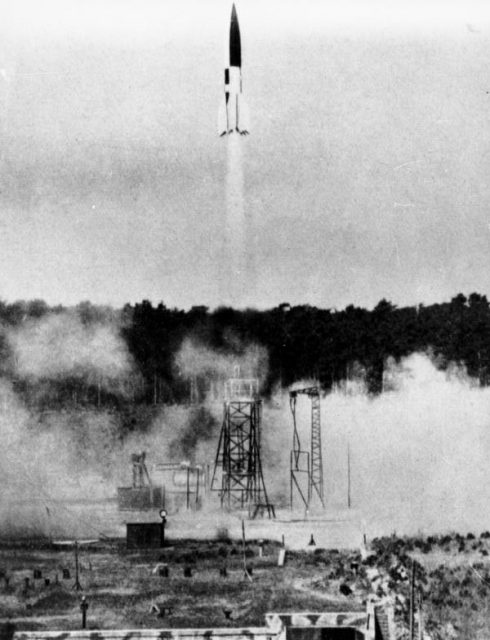
America would have seen the liberation of Europe as being impossible and so would not have got involved.
Consequently, Japan would not have attacked Pearl Harbor, fearing a United States which could have potentially turned its full military and industrial might against it. Instead, Japan would have backed down and negotiated the best trade deal it could with America instead.
America would have had some degree of satisfaction from the situation, perceiving a kind of victory at not having not been dragged into yet another costly foreign war (with Germany) and happy that they seem to have defeated Japan without having to fire a shot.
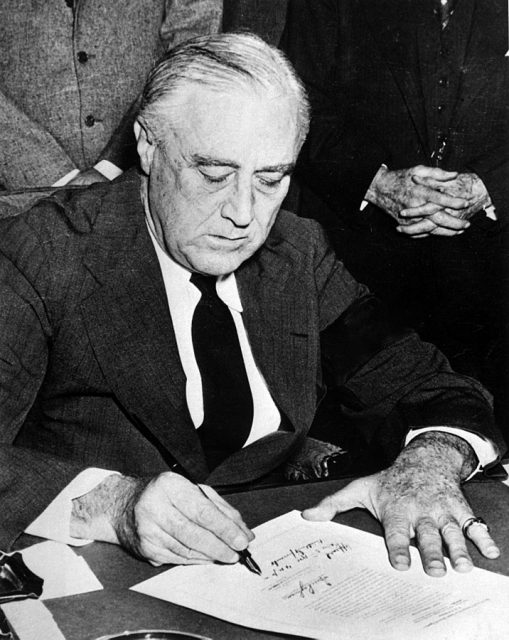
In turn, America and maybe Russia would have quite quickly developed their own nuclear deterrent, thus creating a global stalemate with Germany.
A lot of British would have fooled themselves that the Peace Treaty with Germany was not that bad, the only real difference being that their armed forces were slowly dismantled and the occasional German air patrol passed over their cities and towns.
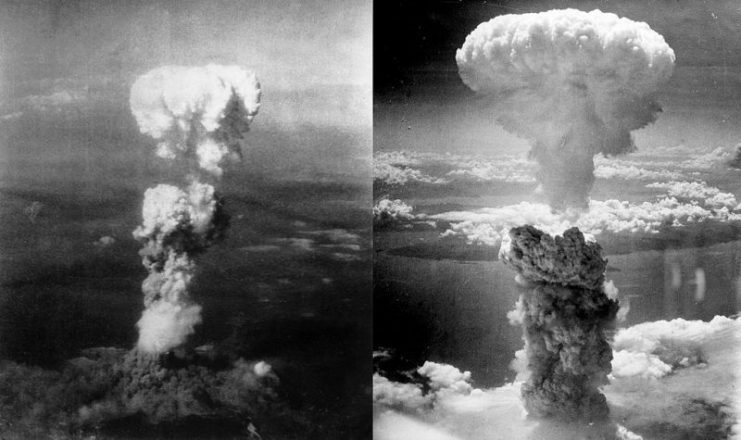
Read another story from us: How Communists in Germany Allied with Nazis to Destroy Democracy
But none could have forever turned a blind eye to the mass disappearance of their Jewish neighbors and the increasing amount of Nazi propaganda in the heavily controlled “free” press.
How long would the peace have held? Who knows? But by 1945, the German Federation of Europe would have been a true super power with a strictly maintained dictatorship that was here to stay… for now.
